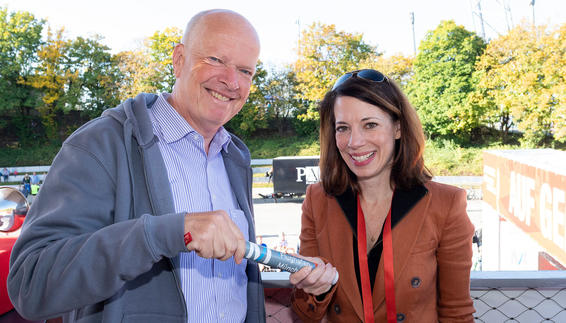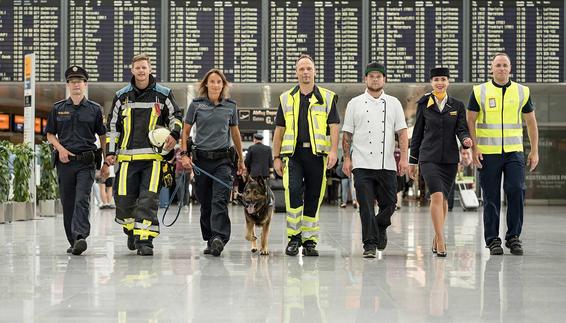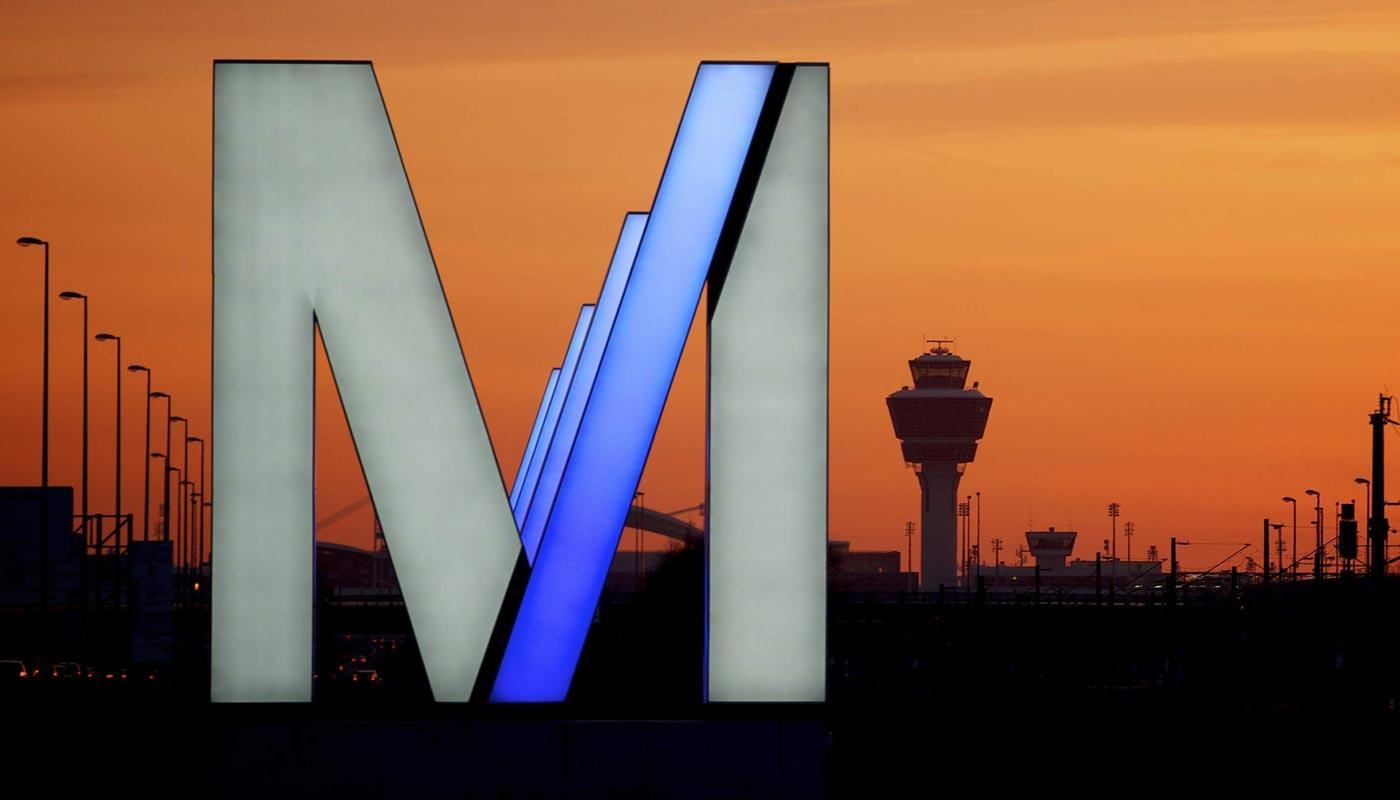July 10,.2019
Munich Airport has a well-deserved reputation as a job-generating engine. And it keeps getting stronger. Figures from the latest employee survey conducted by the airport operating company (FMG), were presented at the Munich Press Club today. They show an increase of 3,370 in the number of people working at the airport to a new total of 38,090 since the last survey at the end of 2015. Statistically speaking, this means that an average of three new jobs are created at Munich Airport every day. FMG collects employment data for the entire airport every three years, summing up key figures on employment trends. The latest study, reporting figures through to December 31, 2018, is based on data provided by 518 companies and public-sector employers operating at the airport.
The Lufthansa Group remains the largest employer at the airport, with a total of 13,100 employees – an increase of approximately 2,400 since the last survey. FMG, including its subsidiaries, has expanded its total workforce by around 1,000 to 9,700 employees, and is still the second-largest employer.
More than 33,000 members of the airport crew are in regular employment relationships subject to social insurance coverage. As a result, the share of these high-quality jobs in the total workforce has increased yet again, and now stands at 87 percent – substantially higher than the Germany-wide average of 74 percent. Of the approximately 130,000 socially insured employees reported by the authorities in the districts of Erding and Freising, airport employees account for more than one quarter.
The number of part-time employees at Munich Airport has increased significantly to 10,000, or 27.6 percent of the total airport workforce. By comparison, the quota in the state of Bavaria is approximately 26 percent. The new survey also reports significant increases in the wages and salaries of airport employees. The average annual gross income increased by more than 12 percent over the past three years from 46,700 to 52,400 euros. As a result, earnings at Munich Airport are higher than the corresponding averages in related areas in the transport or services sectors.
The total of all gross salaries paid out at the airport, excluding the approximately 327 million euros in employer contributions to social insurance premiums, amounts to approximately 2 billion euros. This includes the 650 million euros in payroll deductions for taxes and social insurance. "These figures also underscore the enormous boost provided by Munich Airport to purchasing power in the region and its benefits to the social insurance systems and public coffers in general," said Dr. Michael Kerkloh, the President and CEO of Munich Airport at the presentation of the survey results. He added: "The new study reaffirms Munich Airport's role as a dependable asset for the local and regional labor market. In a time when many big companies are again talking about downsizing, that aspect of our air transportation hub should not be undervalued."


